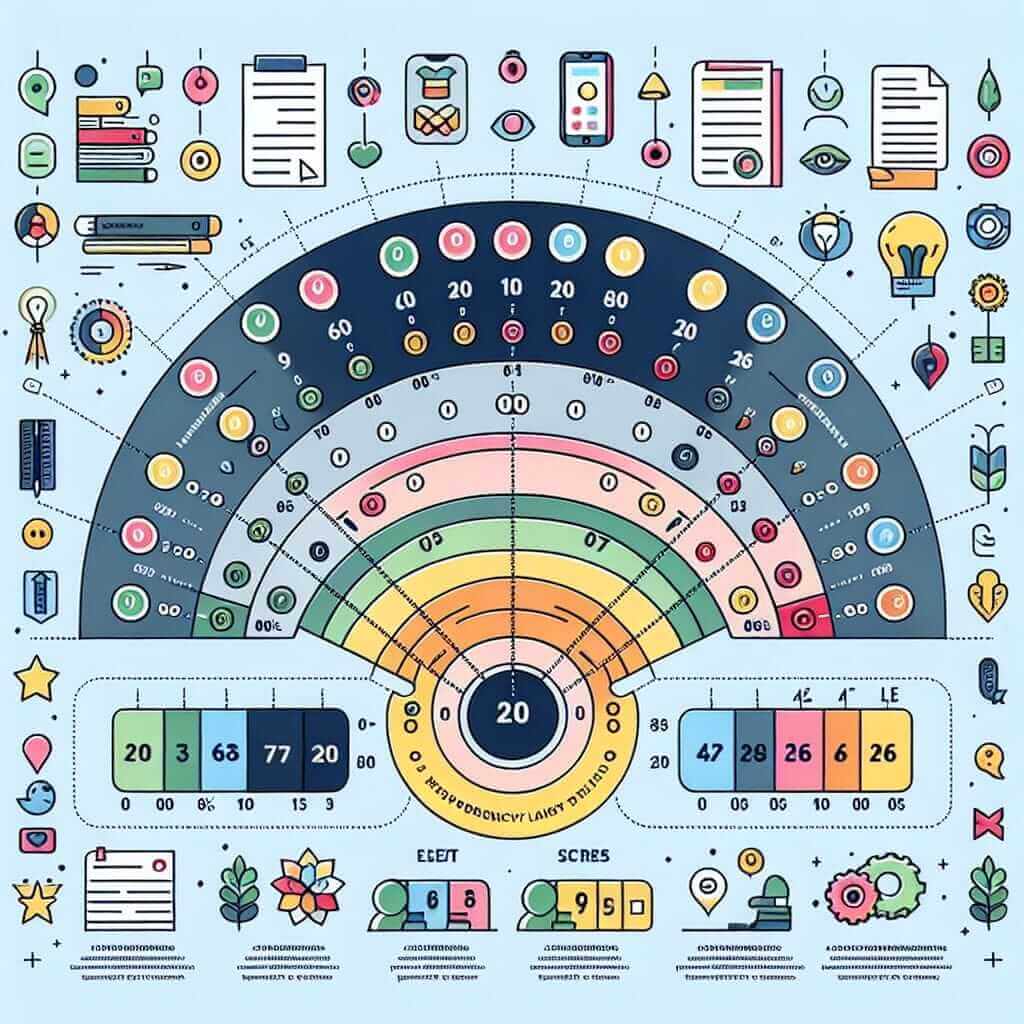For those embarking on the journey of taking the IELTS, understanding the scoring system and what constitutes an “average” score can be crucial for setting realistic goals and tracking progress. As an IELTS instructor with over two decades of experience, I’m here to demystify the IELTS scoring system and provide you with valuable insights to help you navigate your IELTS preparation effectively.
Understanding the IELTS Scoring System
The IELTS exam assesses your English language proficiency across four sections: Listening, Reading, Writing, and Speaking. Each section receives a band score on a scale of 0 to 9, with 9 being the highest level of proficiency. Your overall band score is the average of these four individual scores, rounded to the nearest half band.
What is Considered an Average IELTS Score?
The average IELTS score globally tends to hover around 6.0. However, it’s crucial to remember that “average” is a relative term and can vary significantly depending on various factors, such as:
1. First Language:
- Individuals whose first language is English or from English-speaking backgrounds often achieve higher average scores.
- Test takers whose native language shares similarities with English might also find it slightly easier to score higher.
2. Educational Background:
- Candidates with extensive academic experience in English generally achieve above-average scores.
- Conversely, those with limited formal English education might score below the global average.
3. Geographical Location:
- Average IELTS scores can differ based on the region where the test is taken. Certain regions known for their strong English language education systems may have higher average scores.

Why Knowing the Average IELTS Score Matters
While aiming for the highest possible score is commendable, understanding the average score provides a valuable benchmark for several reasons:
1. Setting Realistic Expectations:
- Recognizing the average score within your demographic helps you set achievable goals and manage expectations.
2. Identifying Areas for Improvement:
- By comparing your practice test scores with the average, you can pinpoint areas where you excel and those requiring further attention.
3. Meeting Specific Requirements:
- Educational institutions and immigration authorities often set minimum IELTS score requirements. Knowing the average helps determine if you meet those benchmarks.
Tips to Improve Your IELTS Score
-
Focus on All Skills Equally: Allocate sufficient time to practice all four sections – Listening, Reading, Writing, and Speaking – to ensure balanced development.
-
Familiarize Yourself with the Test Format: Understanding the test structure, question types, and time limits reduces anxiety and improves performance on exam day.
-
Develop Effective Time Management Strategies: Practice pacing yourself during mock tests to avoid rushing or running out of time on any section.
-
Expand Your Vocabulary and Grammar: Regularly read English texts, engage in conversations, and actively use new words and grammatical structures.
-
Seek Feedback from Experienced Instructors: Personalized guidance from qualified IELTS teachers can significantly enhance your language skills and test-taking strategies.
Conclusion
While the average IELTS score provides a general reference point, remember that your individual target score should align with your specific needs and aspirations. By understanding the factors influencing average scores, identifying your strengths and weaknesses, and adopting effective preparation strategies, you can strive towards achieving your desired IELTS band score.